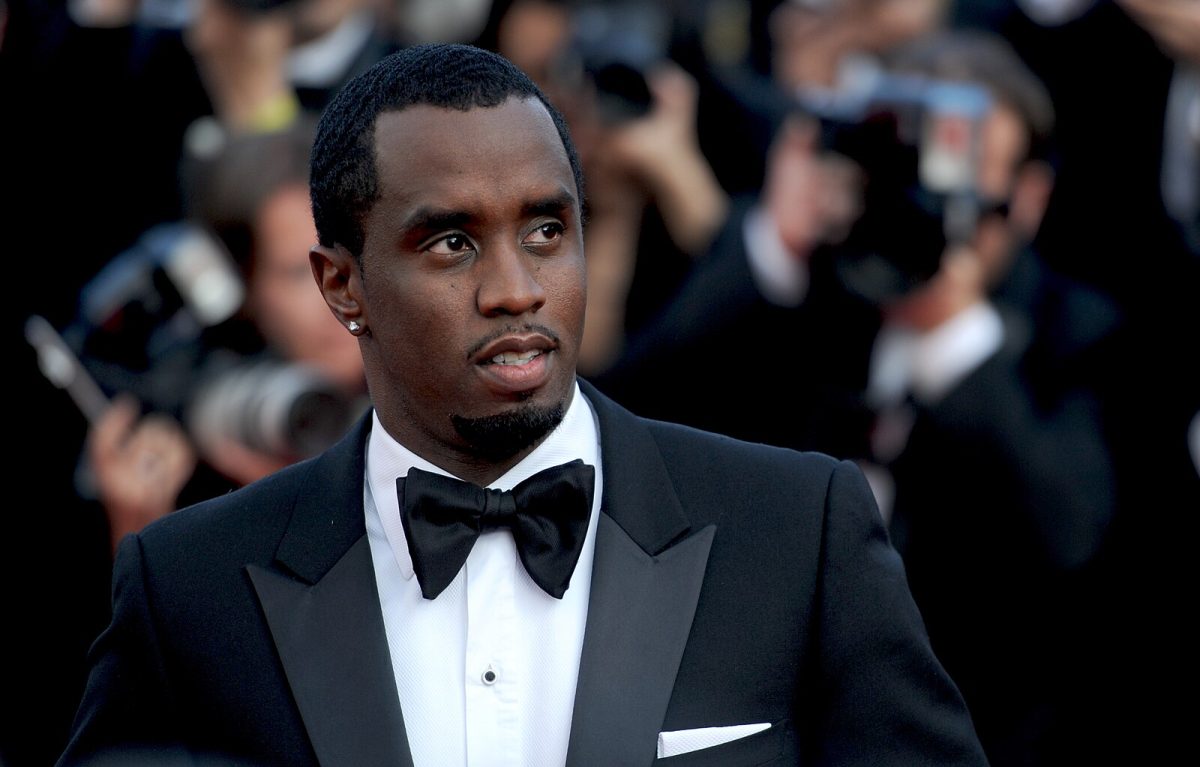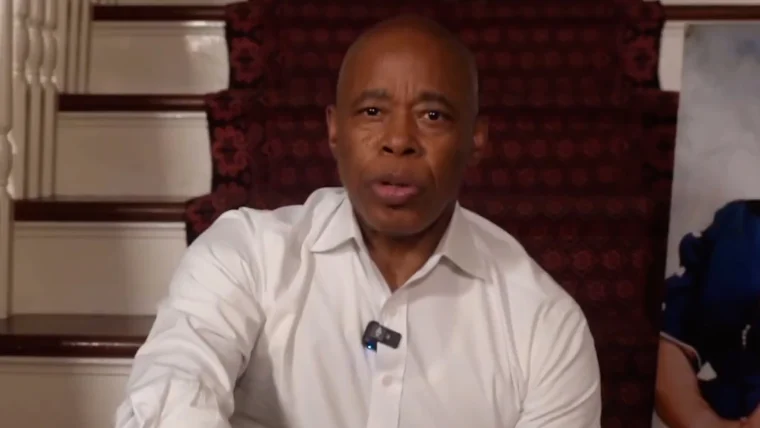Another highly publicized celebrity criminal trial has concluded. On Friday, Oct. 3, Sean “Diddy” Combs was sentenced in the U.S. District Court of New York to 50 months in prison, ending a months-long trial after he was charged with multiple sex-related felonies.
In July 2025, a jury found Combs guilty on two counts of transportation to engage in prostitution and not guilty of racketeering and sex trafficking. New York prosecutors asked for Combs to receive a sentence of more than 11 years in prison for his convicted crimes. However, the defense team of Combs sought a 14 month sentence, which with the time Combs has served since his indictment in September 2024, would lead to an almost immediate release from prison.
“He was convicted of this crime, a violation of the Mann Act, where it’s a crime to take a woman across the state line for purposes of prostitution, and crossing state line for federal jurisdiction from one state to another state,” University professor and former prosecutor Bennett Gershman said.
In high profile cases like Combs’ and the media frenzy surrounding the case, the impact of the closely following eyes of the public could impact the judicial process.
“The prosecutor is going to be fighting for the victims, and fighting for the community and fighting for the rule of law and seeking to vindicate the rule of law. I was a prosecutor for 10 years, and you’re going to stand up and you’re going to ask for a severe sentence if you think it’s appropriate and then the defense attorney, on the other hand, is going to argue that no big sentence should be handed out, ‘because my client is a good person,’” Gershman said.
Speculation continued to rise on how much of Combs’ sentence will actually be served and if he completes state rehabilitation programs, how much of an impact it would have on how long he would serve of his sentence.
“It’s all on record. Sometimes it can be helpful. It can absolutely help a lot, depending on what the situation is, or it can hurt. If you catch a new case, if you get into a fight, or, in the case of some celebrities, especially if you give press conferences bragging about how you know you’re going to beat the case, or you don’t care what happened, or something like that can push you the other way,” University professor and former criminal defender Thomas Giovanni said.
With the highly emotional trial coming to a close, questions emerge about what the case will mean regarding defendants who have wealth and status and their mistreatment of women.
“I think what it shows is that this is a rich person system, and we don’t value women. I knew that was going to be a problem, because these are mostly poor women who were making these claims against him, and when you think about the two charges that the jury supported, those were not those women, really that they supported. It was the girlfriend who projects at a different level,” Giovanni said.
The outcomes of notorious cases continue to comprise the American conversation zeitgeist and opinions may vary over time on the fairness of Combs’ trial.
“It would be bad for the criminal justice system and bad for the whole of our society if a defendant does not get some punishment for something very, very terrible. We want our system to be legitimate, to be seen by the public as legitimate. We want people to have confidence in our justice system, in the rule of law, we want people to have the feeling that they can trust the judge and they can trust the prosecutors, they can trust juries,” Gershman said.
The Combs case will leave an imprint on not just the New York justice system but the nation’s understanding of balancing a trial alongside celebrity influence and wealth against the backdrop of media speculation.






